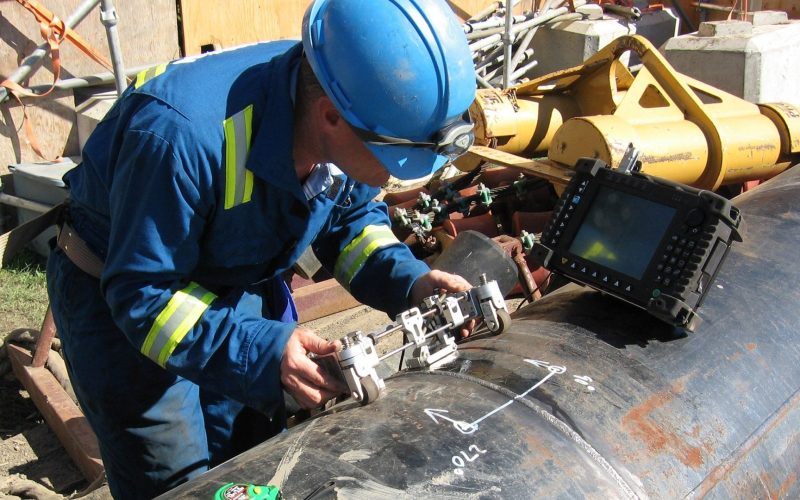THE VOICE FOR THE ENERGY CONSUMER

Every year Apple, Samsung, Google and Huawei, along with other smartphone companies are continually developing and selling their latest technology. Much of what is being developed is under cloak and.

Six Long Island Democratic state senators are now calling for “emergency” approval of the Williams pipeline after learning how blocking this vital infrastructure is negatively impacting their constituents. “‘A gas.

CHARLESTON, WV — Consumer Energy Alliance (CEA) today released its West Virginia Emissions Brief which showcases the significant emissions reductions and environmental improvements made across the state. This brief further.

Consumer Energy Alliance Examines Energy Production’s Benefits to North Carolina’s Families, Small Businesses and Industries in New Report Raleigh, NC. —North Carolina families and businesses saved more than $11.9 billion.

Minneapolis, MN – The Minnesota Pollution Control Agency (MPCA) today procedurally denied the Water Quality Certification for the Line 3 Replacement Project in a without-prejudice ruling that allows a future.

Opponents to energy production and infrastructure will seemingly stop at nothing to ensure pipeline projects like the Atlantic Coast Pipeline are unable to continue construction – stonewalling the economic and.

Despite its high energy demands and a surge in energy production, Ohio’s statewide emissions have fallen by as much as 94 percent since 1990 Columbus, OH — Consumer Energy Alliance.

Consumer Energy Alliance (CEA), the nation’s leading energy advocate for families and small businesses, the Florida Hispanic Chamber of Commerce and the Hispanic Policy Group today held an interactive discussion.

Whether you’re a woman or a man, you’ve likely been in a predicament where an event has come up, the weather’s changing, or there isn’t anything in your closet that’s.

Washington D.C. – Consumer Energy Alliance (CEA) applauds the Federal Energy Regulatory Commission (FERC) for proposing reforms to the Commission’s implementation of the Public Utility Regulatory Policies Act (PURPA). CEA.